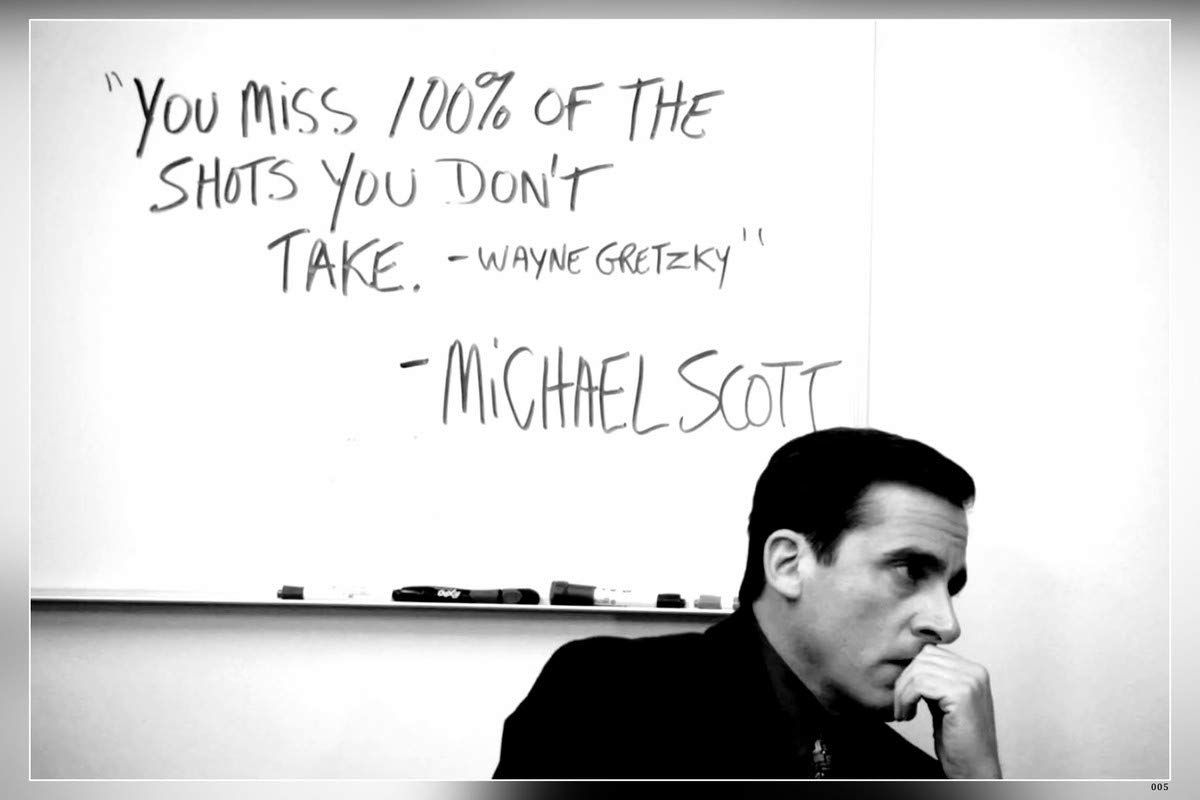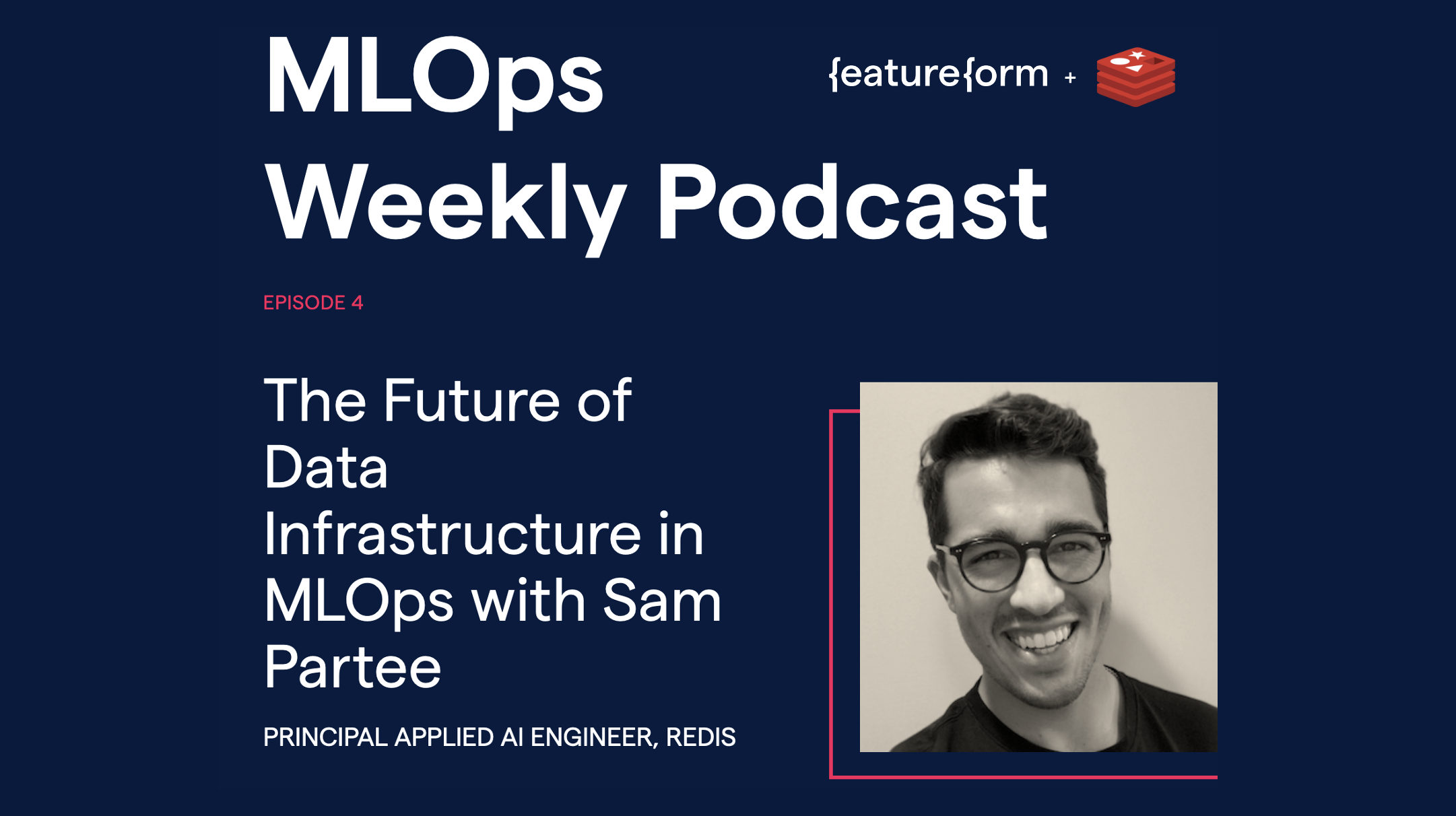Recently I sat down with Demetrios Brinkmann and Mihail Eric to discuss the future of Redis and it’s transition to a fundamental piece of ML pipelines especially for real-time applications. This podcast was hilarious fun and the MLOps Community is full of stellar people. Listen to the podcast here or wherever you listen to podcasts.
Top Posts
Latest Posts
This past week I had the opportunity to speak with Simba Khadder, the CEO and Co-founder of FeatureForm, and discuss my thoughts about MLOps. Listen to the podcast below.
GitHub is the most popular platform for open source code. GitHub was already massively popular before Microsoft purchased it in 2018. Since the acquisition however, a plethora of new features have been introduced. One of those features is in beta: Copilot. Copilot is an AI pair programmer that helps prototype, learn, and write code. In this article, I examine what Copilot is, how Copilot performs on simple tasks in Python, and when Copilot should be used.





